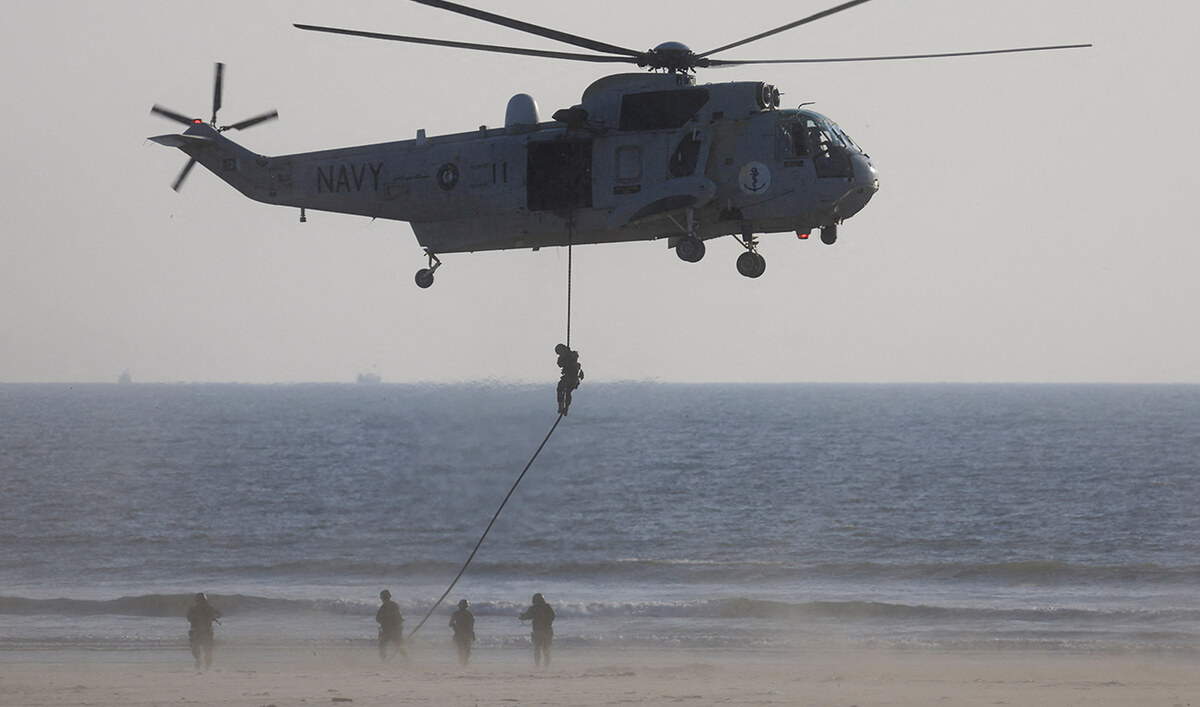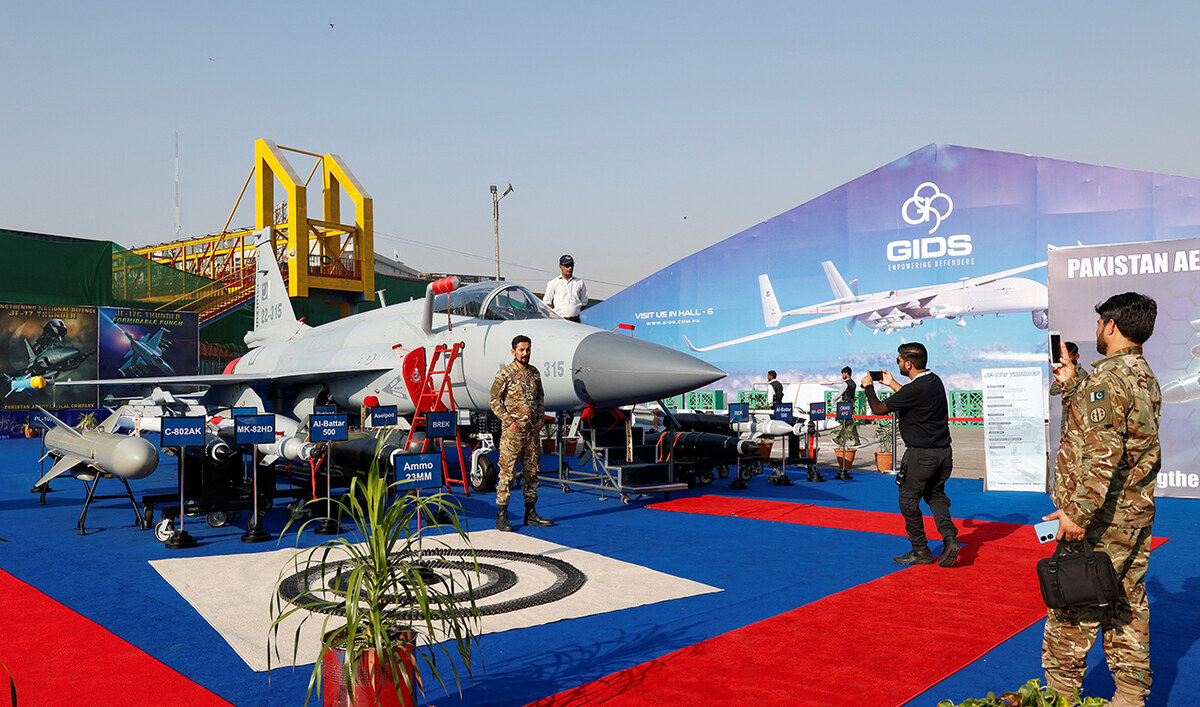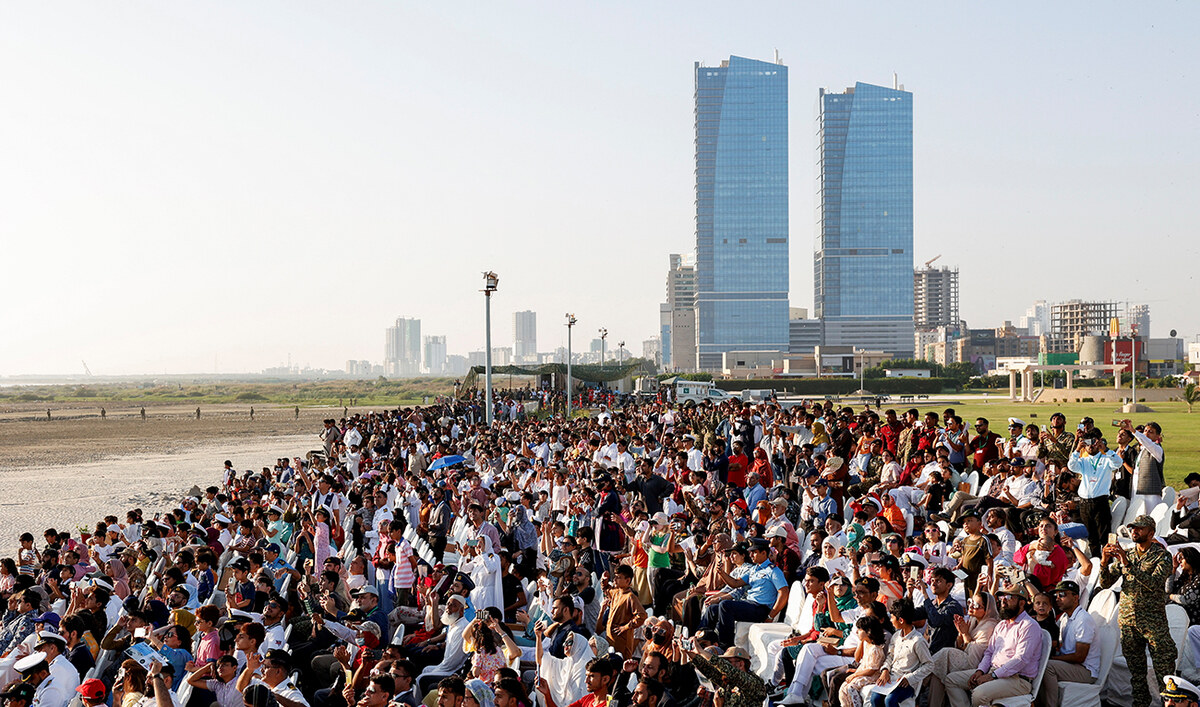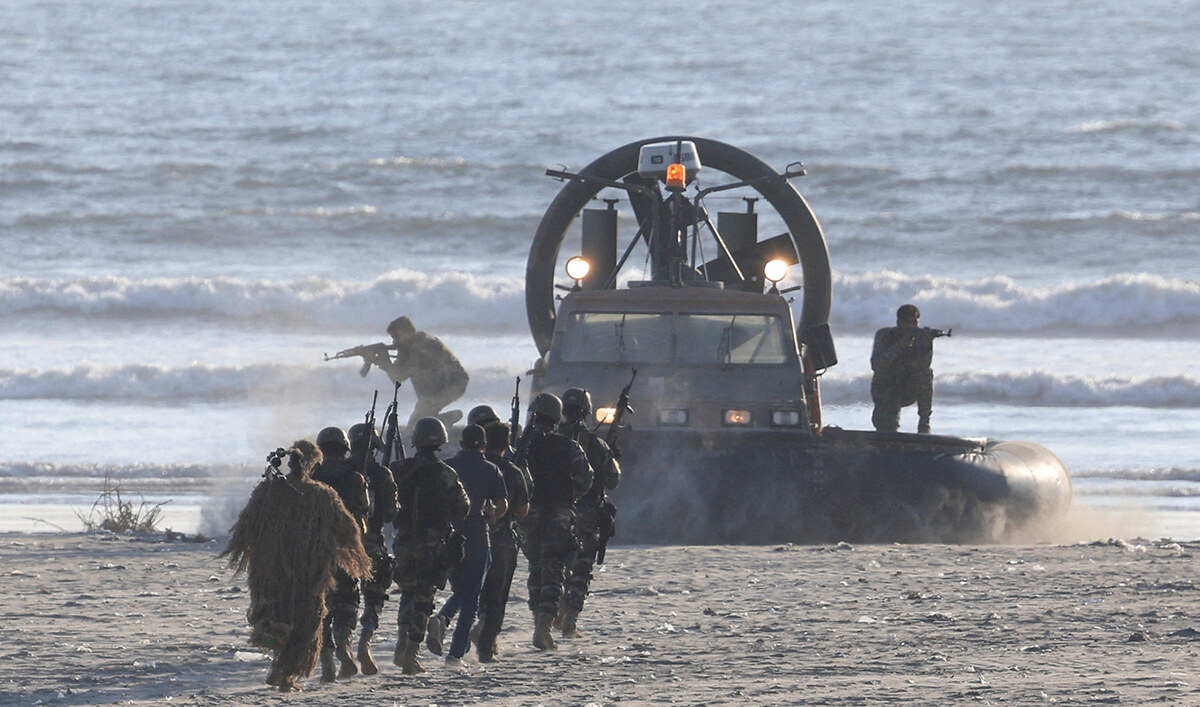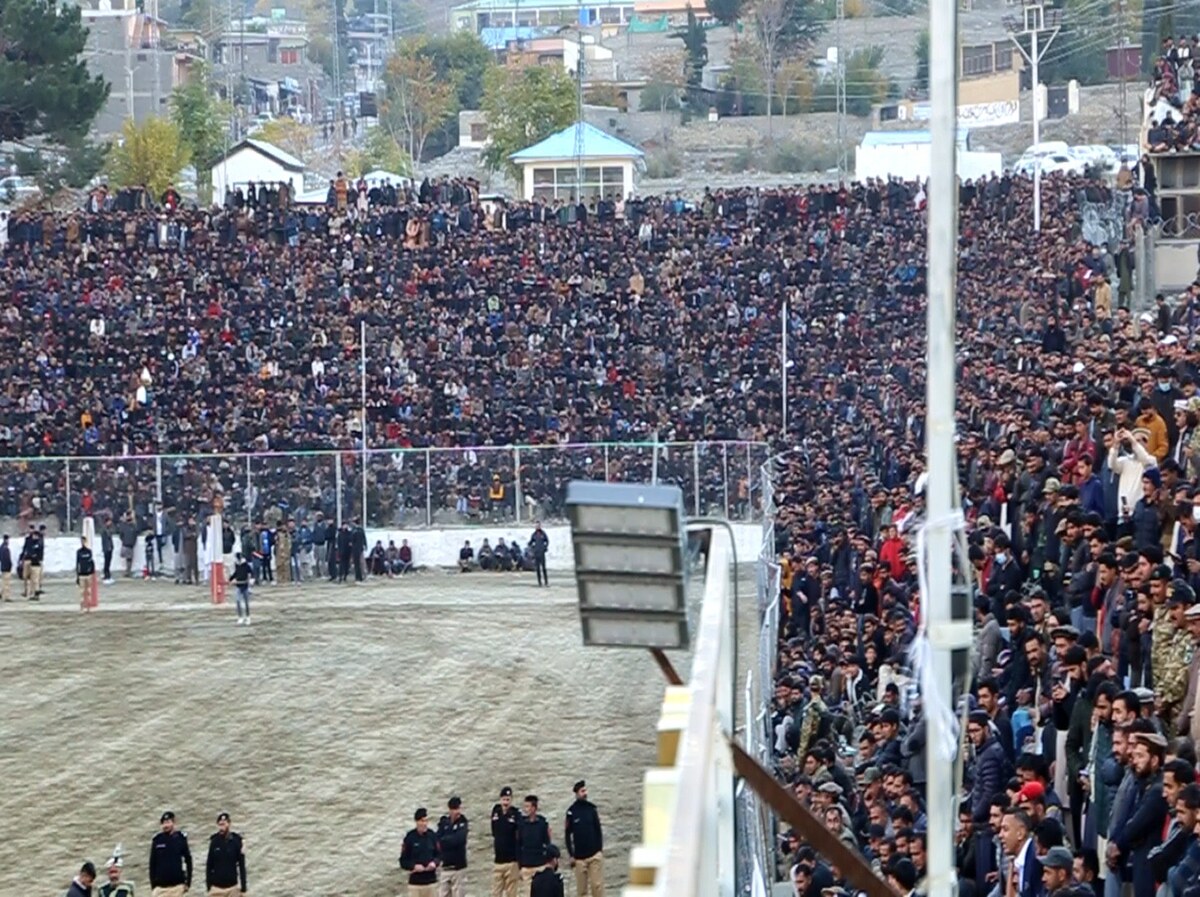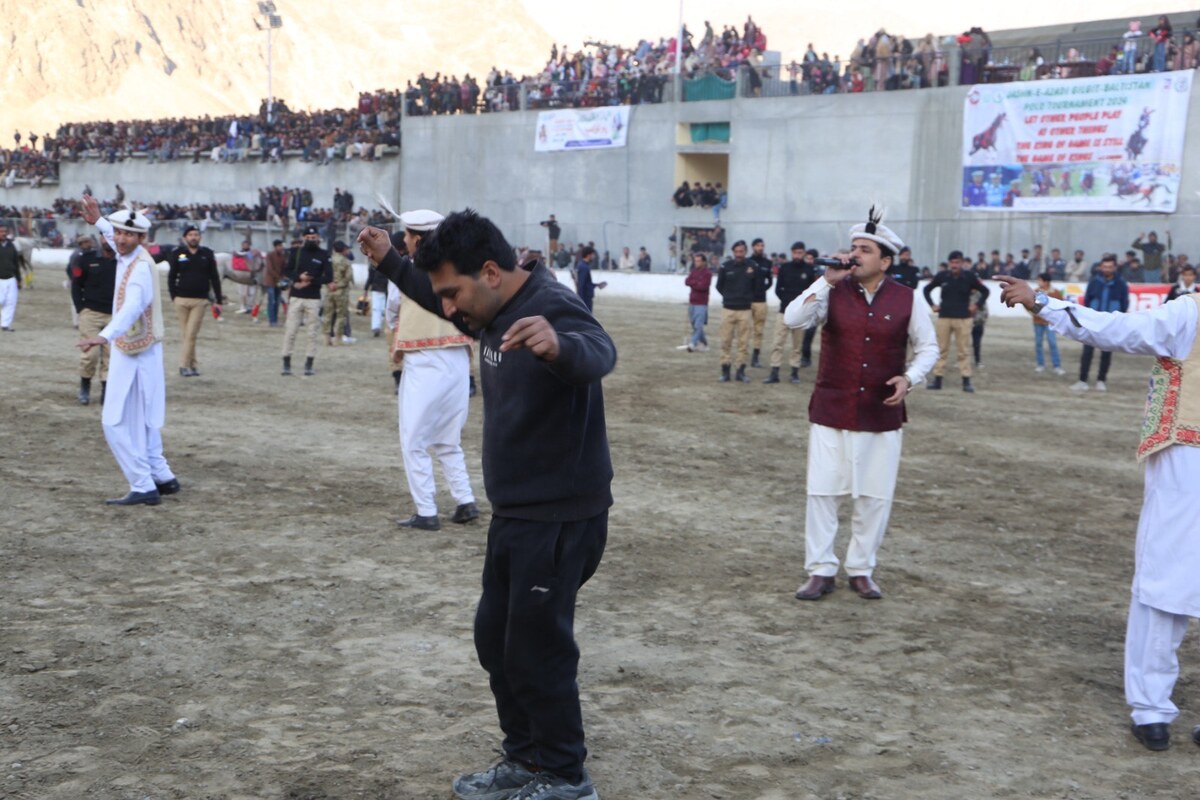KARACHI: Pakistan’s short-term inflation has spiked by 39.45 percent on an annual basis, largely propelled by surging energy and food prices, with analysts anticipating that inflation will remain a pivotal concern for voters as the general elections loom just days away.
The weekly inflation, measured by the Sensitive Price Indicator (SPI), shows the increase of 39.45 percent year-on-year (YoY), mainly due to the rise in gas charges by 1,108.59 percent, cigarettes by 92.30 percent, tomatoes by 90.40 percent, chili powder by 81.74 percent and wheat flour by 61.97 percent, according to data released by the Pakistan Bureau of Statistics (PBS) on Friday.
However, the trend eased on a week-on-week basis by 0.28 percent, mainly supported by a decline in the prices of tomatoes by 18.28 percent, eggs by 7.77 percent, onions by 6.99 percent and liquid petroleum gas (LPG) by 1.53 percent.
The South Asian nation is gearing up for the national polls on Feb. 8 to elect a new government amid economic and political instability, including historically high inflation that has been hitting the poorest segments of society particularly hard.
The country witnessed an all-time high inflation rate of 38 percent in May last year, which gradually declined to 28.3 percent in January 2024.
“This high inflation is likely to be a major concern for voters, influencing their choices in the upcoming election,” Ali Nawaz, CEO of Chase Securities, told Arab News.
Historically, inflation has led to electoral losses, making it imperative for political parties and contenders to take the issue seriously, he added.
“It’s safe to say that inflation will be a significant factor in the election outcome,” he continued.
Nearly all of Pakistan’s major political parties have addressed inflation to some extent in their manifestos, including the Pakistan Muslim League-Nawaz (PML-N), which is said to be in a strong position to form the next government and has promised to bring it below 10 percent.
Economic pundits and global institutions, including the International Monetary Fund (IMF), have predicted that Pakistan’s inflation will gradually ease in the coming months, potentially offering relief to the public.
Pakistan jacked up fuel prices on Wednesday by Rs13.55 for petrol and Rs2.75 for diesel, while the government is expected to increase gas prices in the coming days.
“The inflation in February may remain high mainly due to petroleum price hike,” Tahir Abbas, head of research at Arif Habib Limited, told Arab News.
He noted that the situation in the Red Sea and a hike in freight charges due to transportation disruptions may also exert pressure on inflation in Pakistan.
However, he said, the impact of the upcoming gas tariff hike would be minimal.
Pakistan faces 39.45% annual inflation surge as general elections approach in under a week
https://arab.news/72y6v
Pakistan faces 39.45% annual inflation surge as general elections approach in under a week

- Analysts say high inflation is likely to be a major concern for voters, influencing their choice in national polls
- The Red Sea situation and recent fuel price hikes are expected to exert pressure on inflation numbers in February







